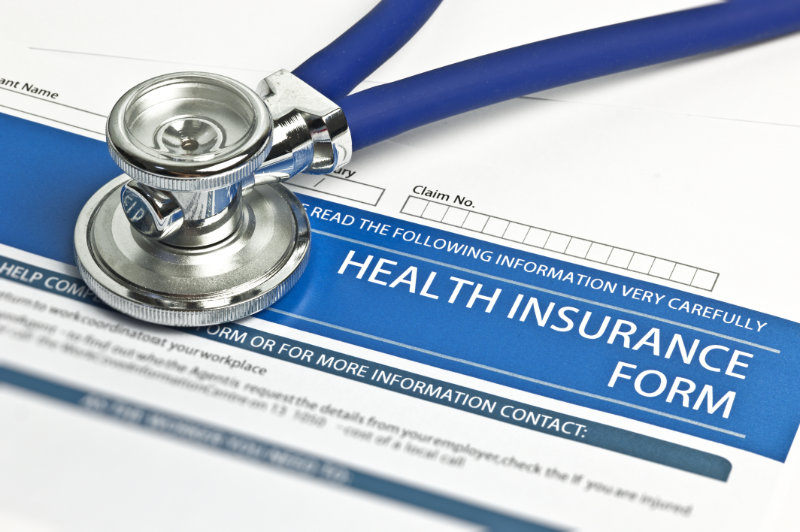Having insurance brings peace of mind should the worst happen – but it may not be until you actually come to make a claim, that a stumbling block you weren’t expecting crops up. By doing a bit of homework however and getting decent insurance advice, you could help ensure you have the right type of cover in place.
Expert insurance advice
Andy Briggs, chief executive officer at Aviva UK Insurance, says: “There is a lot that people can do to help ensure their claims are settled quickly in a fuss-free way, and that’s to really understand what their policies do and don’t cover, to add to their cover if there is something missing, and to be completely open with their insurer about any pre-existing matters that won’t be covered.”
What to look for when buying insurance
Here are Aviva’s top tips for consumers, to help ensure there are no nasty surprises and avoid misunderstandings which can crop up when a claim is made…
Home insurance advice

If you have a standard policy, consider whether you need additional cover for accidental damage to contents, or home emergency and boiler breakdown cover.
Most home policies don’t cover gradual wear and tear, the effects of damp and dry rot, or damage to fences, gates and hedges – so make sure your home is well maintained and in good repair. Keep your insurer informed if you make any changes to your home, such as a change in occupancy or building works.
Need more insurance advice? Read Wise Living’s guide to buying over 50s home insurance.
Travel insurance

Make sure you tell your insurer what they need to know about your health, such as any pre-existing medical conditions or tests and investigations. Insurance advice is clear that you could harm making a successful claim by leaving out important information – it’s better to be honest and pay a higher premium rather than face the challenge of not being able to make a claim in the event something went wrong.
Try to arrange your travel insurance from the day a holiday is booked – not the day the holiday starts. This will help to make sure you’re covered if the trip is cancelled. It’s also important to make sure you understand the specific cancellation reasons you’re covered for if you need to cancel your holiday.
Looking to buy travel insurance? Read the Wise Living guide to over 50s travel insurance and over 65s travel insurance so you can get the best policy for you.
Motor insurance advice

Know your policy excess – the amount you need to pay in the event of a claim before the insurance company pays the remainder. When claims are turned down, this can sometimes be because the value of the claim being made falls within the excess stated.
Also, many of us keep possessions lying around in the car. Consider personal belongings cover on your home contents policy to cover your possessions in case they are lost, damaged or stolen while in your car. You may also want to consider installing a dashcam, which can help prove who’s at fault if you have an accident. This could help you to protect your ‘no claims’ discount and excess on your policy.
Life insurance, critical illness and income protection

You could risk your claim being turned down if you fail to provide accurate statements about your health and lifestyle when taking out a policy, as insurers would not have been made aware of potentially relevant information, so it’s important to get insurance advice before you buy.
Life events, such as starting a family or getting a bigger mortgage, could mean your protection cover no longer meets your needs, so make sure you regularly review it. Make sure you understand what specific conditions are and aren’t covered by your policy.
Health insurance

Be aware that you may well not be covered for any medical condition you had before taking a policy out. Different policies offer varying levels of protection – you may want to add on extras, such as out-patient cover or be able to choose where you have treatment.
Get insurance advice unclear about your policy
Contact your insurer and ask them to explain, or speak to your broker or adviser if you have one.































































